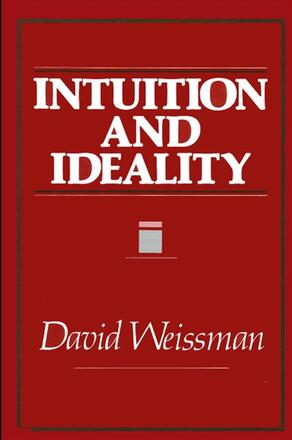
Intuition and Ideality
Alternative formats available from:
Description
This book shows how idealism is a consequence of the intuitionist method. Idealism develops from mental content inspected by mind, or as mind characterizing itself. Weissman declares that the idea of an independent world, of a nature whose character and existence are independent of mind, cannot be recovered until we repudiate the intuitionist method. This psycho-centric ontology has been pervasive in Western philosophy since Parmenides and Plato. Intuition and Ideality characterizes its varieties, dialectical cycles, and idealist consequences.
What is required is a method that is speculative and testable—a method that makes speculation responsible by testability. Weissman characterizes such a hypothetical method, and he describes some of the categorical features that are discovered in the world as this alternative method is used.
David Weissman is Professor of Philosophy at the City College of New York.
Reviews
"This work is a brilliant interpretation of Western philosophy. It is original to the core. I was struck again and again by the extraordinary comprehensiveness of the work, matched by an equally extraordinary grasp of detail. The author has totally revised my way of reading philosophers as diverse as Whitehead and Quine. The work is philosophy at its best." — Andrew J. Reck
"In my judgment, Weissman's work is as close to 'brilliance' as that by any contemporary philosopher whom I have read. His book is clear, crisp, profound. Weissman is 'easy reading,' something few authors accomplish in the difficult terrain of metaphysics and epistemology. The book is an in-depth defense of a realistic theory of knowledge. His thesis rings true against the backdrop of common sense, classical philosophy, and contemporary science. He has a solid grasp of the history of Western philosophy and he displays that learning on nearly every page. He uses historical figures to create a dialogue from which he produces his own insights." — Jude P. Dougherty